2024 ASLA Oregon Design Symposium
Saturday, April 13, 2024
World Forestry center (in person) and Online
Join us for the Oregon ASLA chapter's Annual Design Symposium, Saturday, April 13th!
The Design Symposium is our largest educational event of the year. It offers our members and the design community an opportunity to gather and listen to motivating, educational, and inspiring speakers. You can attend and earn 6 PDH credits in person or online.
REGISTER NOW! (Early-Bird rates through March 15th)
Location
Miller Hall, The World Forestry Center, Washington Park, Portland, OR, 97221
& Zoom
Schedule
7:30 AM Doors & Breakfast Open
8:30 AM- 5:00 PM Symposium Sessions (Lunch included)
5:00-6:00 PM Happy Hour
2024 Theme
SYMBIOSIS: Better Together
During this first quarter of the 21st century, our planet is experiencing profound shifts through climate change, biodiversity crises, social unrest, and technological advancements at an unprecedented rate. As life on Earth faces new threats, we must quickly learn to live as diverse communities and species in symbiosis.
Symbiosis can be defined as ‘A mutually beneficial relationship between different people or groups’. ASLA Oregon’s 2024 Symposium, “Symbiosis: Better Together" offers ways landscape architecture can build relationships of stewardship, reciprocity, and community healing in the face of an uncertain future. It is up to us as Landscape architects to weave resilience and regeneration into our work by becoming better collaborators: with natural systems, with the populations we serve, and with each other.
SPEAKER BIOS:
Ameyalli Mañon-Ferguson is the Cultural Ecology Program Manager for Parrott Creek Child & Family Services, focusing on Indigenous land restoration and stewardship. She graduated from Oregon State University with a B.S. in Fisheries and Wildlife Science with a specialization in Native American Ecology, a B.A. in Ethnic Studies with a focus on Native American Studies, and a B.S. in Sustainability. Ameyalli is from the Mazahua, Nahua and Osage tribes, and was raised within the Indigenous communities of Oregon.
David Godshall is a principal and co-founder of Terremoto, a 25-person landscape architecture studio with offices in Los Angeles and San Francisco. Terremoto designs and builds gardens and landscapes of a variety of types and scales, explores social justice and labor issues within the profession and seeks to do right by the land and communities.
Andrew Millison is the founder of Oregon State University’s Permaculture Design program where he has been an instructor since 2009. He has built a worldwide following through his multimedia storytelling and online educational programs. His popular YouTube channel boasts hundreds of thousands of subscribers with tens of millions of views, where he documents the most impactful ecological projects on Earth and presents them in both an artistic and technical manner. In recent years he has documented epic permaculture projects throughout India, Egypt, Mexico, Senegal, Spain, Cuba, and throughout the US. As a Permaculture designer, Andrew has designed and consulted on projects since the late 1990’s around the US and the world, specializing in large scale water design.
Emily Eliza Scott is an interdisciplinary scholar, educator, and artist who holds a joint professorship in the History of Art and Architecture & Environmental Studies at the University of Oregon and was previously a postdoc at ETH Zurich's Institute for the History and Theory of Architecture, after earning her PhD in contemporary art history at UCLA. She is the author of numerous essays on art and design practices that engage pressing (political) ecological issues; co-edited The Routledge Companion to Contemporary Art, Visual Culture, and Climate Change (2021), Viscosity: Mobilizing Materialities (UMN Architecture, 2019), and Critical Landscapes: Art, Space, Politics (Univ. of California Press, 2015); and is now writing a book on art that tracks environmental violence. Her work has been supported by major grants/awards from Creative Capital, the College Art Association, American Council of Learned Societies, Smithsonian American Art Museum, Nevada Museum of Art, and Graham, Luce, Mellon, Annenberg, and Switzer Foundations, among other institutions. She is also a founding member of two collaborative art projects, World of Matter (2011-17) and the Los Angeles Urban Rangers (2004-present). Prior to entering academia, she worked for nearly a decade as a National Park Service ranger in Utah and Alaska.
Vivek Shandas is a researcher, entrepreneur, and over the past 20 years, has been providing guidance to diverse organizations for managing urban landscapes for public health, social justice, and economic prosperity. He has published over 100 scientific journal articles, five books, and is a well-known speaker on topics of environmental justice, urban heat, air quality, urban forests, climate change, and public policy. As part of his ongoing projects, his work has been highlighted by The New York Times, Scientific American, Guardian, National Geographic, and dozens of other national and international media outlets. In 2023 he was appointed by the US Secretary of Agriculture to serve on the National Urban and Community Forestry Advisory Council. Other recent appointments include the National Climate Assessment, and a member of the National Academies of Science, Engineering, and Medicine. He serves as a professorof geography at Portland State University, and is the Founder and current advisor to CAPA Strategies a global consulting firm that supports community adaptation to a warming planet.
Thank you to our Design Symposium Sponsors:










